Most people suffer from allergies whether seasonal or year-round ones and know the struggle can be real. The fatigue, the cough, the sore throat, the itchy skin, and much more! Antihistamine is a type of medication that will help you with these allergies and their symptoms. If you are familiar with allergies, you should probably be grateful for the existence of antihistamine!
In this article, we will talk about natural anti-histamine foods that will work on decreasing histamine levels in your body and help with your allergies. They are all part of the low histamine diet that will end your suffering without resorting to antihistamine medical treatments, so keep reading until the end to find out all about it.
Contents
1.What Is Histamine?
You have probably already heard of anti-histamine. But do you know what they really are?
Histamine is a chemical produced by your immune system to face an allergy. They are actually your body’s defensive way to get rid of allergies.
Allergies triggers are usually harmless, but your body can’t tell how much harm they can cause, which causes it to stand to any threat and fight any allergy trigger. This is done by producing histamine, and resulting in allergy symptoms (sneezing, itching, etc.) The body’s intention is good for sure, but this one takes a bad turn and ends up in an overreaction with allergy symptoms that require an anti-histamine to stop.
On the other hand, histamines are not just allergy-related. They also play a big role in digesting food, regulating blood pressure, balancing hormones, etc.
Your body has the ability to overreact and produce too many histamines but also has the ability to balance it eventually. Only sometimes, and due to severe allergy triggers, or histamine intolerance, some people end up struggling with it.
The allergy symptoms can be different from one person to another:
- Headache
- Sneezing
- Stuffy nose
- Itchy skin
- Diarrhea
- Cramps
- Hypertension
- Etc.
2.What Foods Are Natural Antihistamines?
a. Ginger
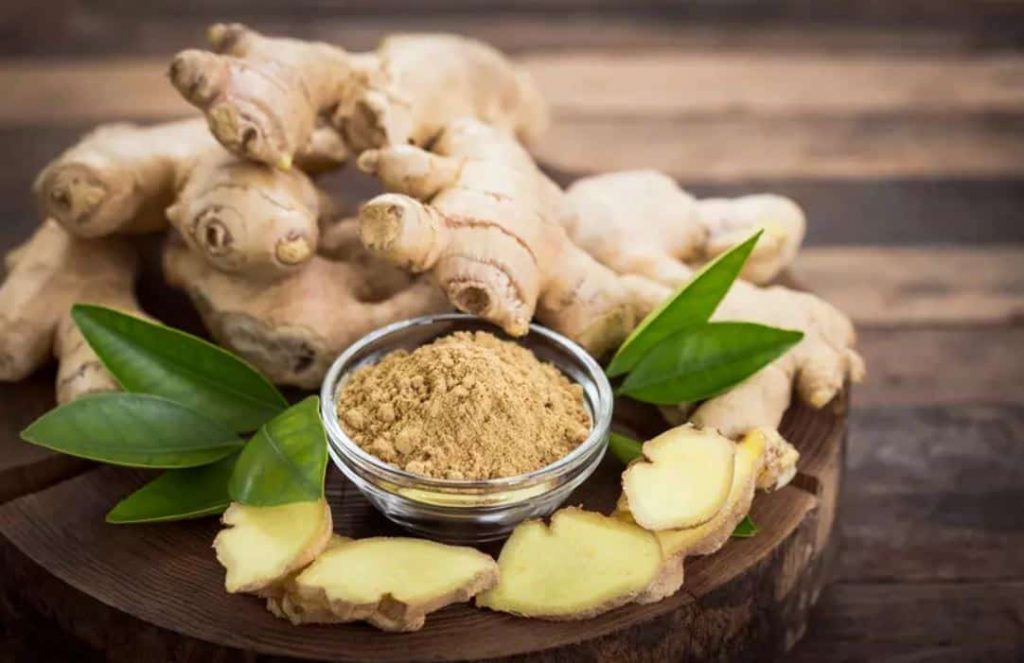
Ginger is originally a tropical flowering plant from Southeast Asia. Nowadays, it is planted all around the world. It is harvested by pulling the roots, and getting rid of the leaves and flowers. This is because most of its health benefits are found in the roots, and they can be either yellow, white, or red. It is one of the fresh foods that you either consume as it is, or dry it and turn it into a spice. You can also extract its liquid.
Not only ginger is one of the most popular histamine blocking foods, but it is also rich in multiple vitamins such as vitamin C. It is often used to help with cold and flu, numerous digestive problems, and more. All its medical properties come back to Gingerol, a compound found in fresh ginger roots, which are responsible for all the healing powers. It also has anti-inflammatory and antioxidant properties.
To reduce histamine in your body, mix hot water with a small piece of ginger. Let it steep for 3 to 5 minutes and drink it.
b. Turmeric
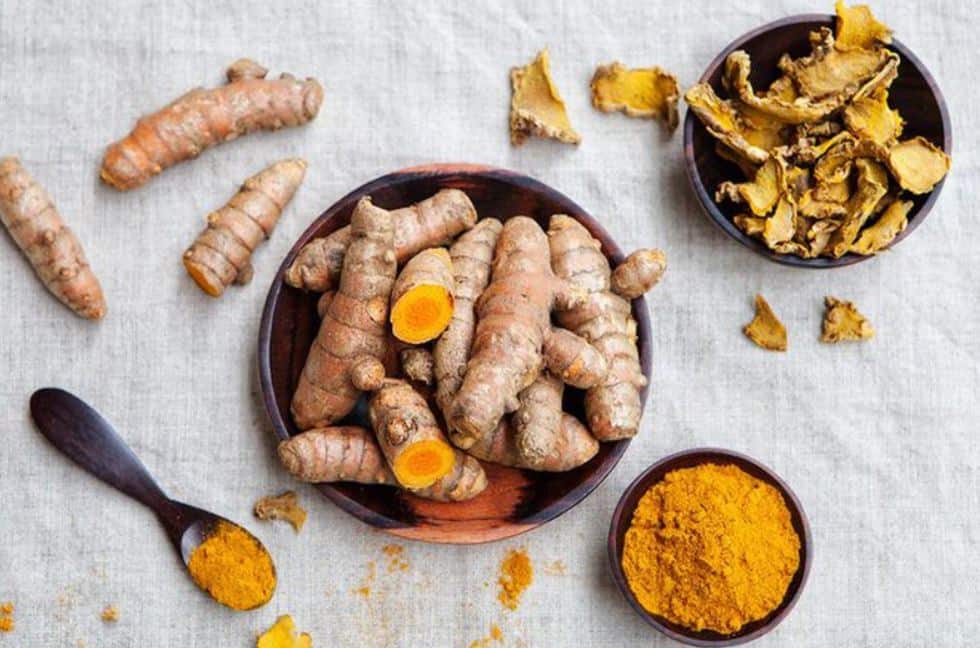
You probably know turmeric as the essential spice in curry and other numerous Asian dishes. Other than its yellow color given by the chemical of turmeric, and bitter taste adding a strong flavor to foods, it is one of the rich foods, as its roots contain a lot of health benefits and are commonly used to make medicine. It can be used for very different purposes, from lowering cholesterol, helping with depression, to easing allergy symptoms.
Studies have shown that turmeric is rich in vitamin C, and plays an amazing role in getting rid of the antibodies Immunoglobulin E (IgE), aka the histamine overreaction, and blocks the histamine release and activation into mast cell to combat allergies.
c. Thyme
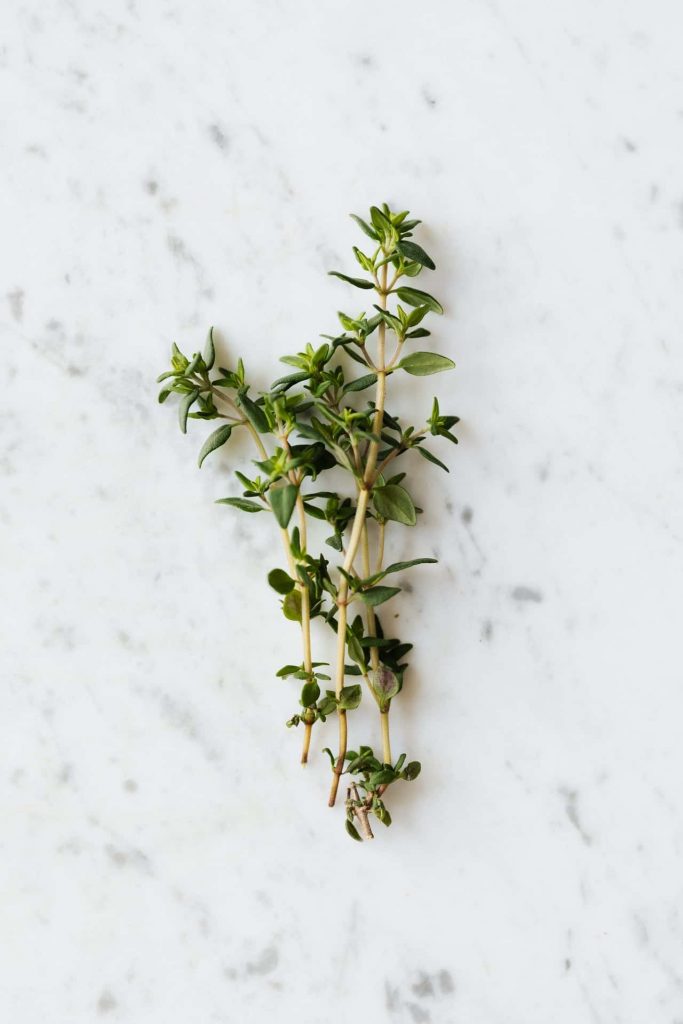
Thyme is an herb used in almost all kinds of cooking. It is very rich in vitamin C and has remarkable anti-inflammatory properties. Altogether they make thyme one of the most efficient histamine blocking foods, as it stops histamine release into mast cells.
You can either use it by itself in cooking, combine it with other fresh foods, such as rosemary and sage, or mix it in a cup of tea.
d. Watercress
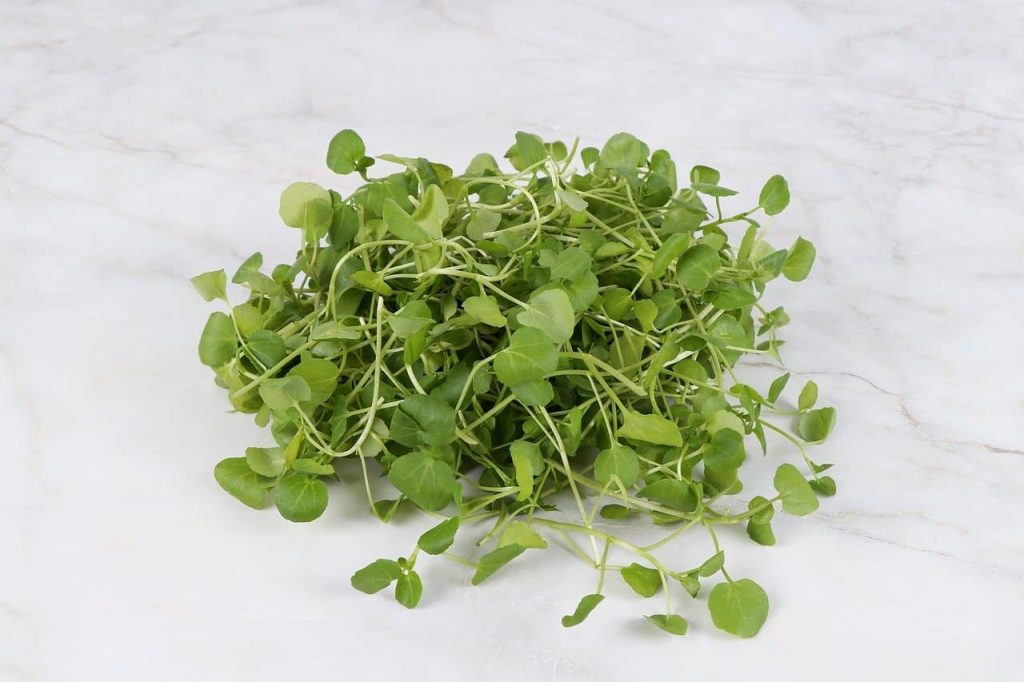
Watercress is a green Cruciferous vegetable known to be low in calories but very high in vitamin C and other nutrients. It was once considered a weed and was only cultivated in the UK. As for now, it is grown and available all over the world. Its leaves are very much used in salads and dishes thanks to their slightly peppery and spicy taste, but they are also one of the anti histamine foods that you should consume to avoid the release of histamine, and decrease high histamine levels.
e. Capers
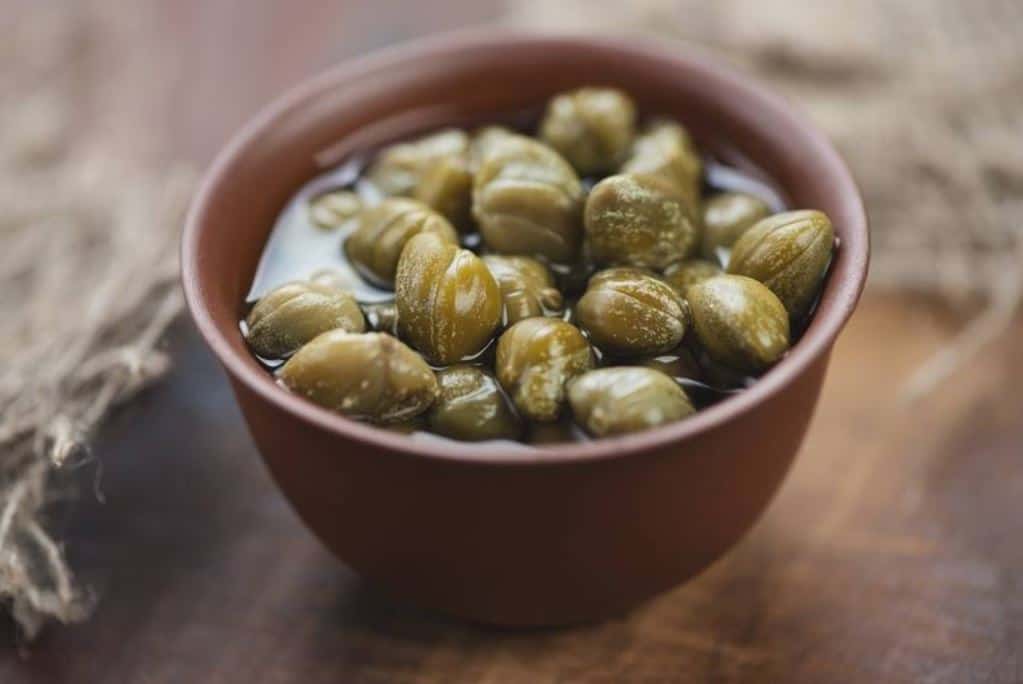
3.How Can I Flush Histamine Out Of My Body?
To flush histamine out of your body, you need to make drastic changes to your food plan and eliminate all kinds of foods and beverages that are high in histamine. We call it a low histamine diet, or a histamine elimination diet.
a. Low Histamine Diet
The main purpose of a low histamine diet is to stop/decrease histamine levels and get rid of allergy symptoms and their causes.
A low histamine diet is very efficient and has noticeable results, but only when the person follows it the right way. As its name indicates, it works by “lowering” histamine in your body, which stops your body’s reaction to histamine (aka the allergy symptoms).
You need to know that eliminating histamine can never be achieved 100%, as there is no way to cut all food products that contain it. All you can do is consume low-histamine products and that’s okay as long as you are cutting a large percentage of histamine from your diet. If you are strict about the low histamine diet but still struggle with allergy, the cause might be something else than consumed histamine.
4.What Foods Should I Avoid On A Low Histamine Diet?
To lower your histamine intake, you need to avoid certain foods that have high histamine levels:
Alcohol, and especially wine, were found to have high histamine levels and are common to cause allergies, the symptoms would usually vary from sneezing, headaches, diarrhea, itching, and shortness of breath.
- White wine: 3 – 120 micrograms of histamine per liter
- Red wine: 60 – 3800 micrograms of histamine per liter
- Beer: 21 – 350 micrograms of histamine per liter
- Champagne: 15 – 670 micrograms of histamine per liter
Other than alcohol, it is pretty hard to make a list of foods and beverages high in histamine because it can be impacted by a lot of factors such as its storage time, other ingredients added to it, etc. But here is a list of several high histamine foods you should consider to avoid on such a diet:
Fermented Dairy Products (especially aged ones)
- Cheese
- Yogurt
- Buttermilk
Fermented Vegetables
- Sauerkraut
- Plantains
- Spinach
- Tomatoes
- Eggplant
Fermented Grains
- Sourdough bread
- Fermented bread
Fermented Soy Products
- Soy sauce
- Tempeh
- Miso
Fermented Meats
- Sausages
- Ham
- Salami
Frozen/Canned Fish
- Sardines
- Tuna
Citrus Fruits
- Lemons
- limes
- Oranges
Alcoholic Beverages
- Wine
- Beer
- Champagne
5. Conclusion
Histamine is on your side; they are just your body’s way of showing care. And there are multiple remedies to regulate them and protect yourself from their overreaction. We highly recommend opting for natural antihistamine foods as they will help treat the symptoms along with improving your immune system and overall health. You can also resort to pharmaceutical ones, but make sure to check with your doctor first, to read the labels, and to follow their directions carefully!
Read More About:
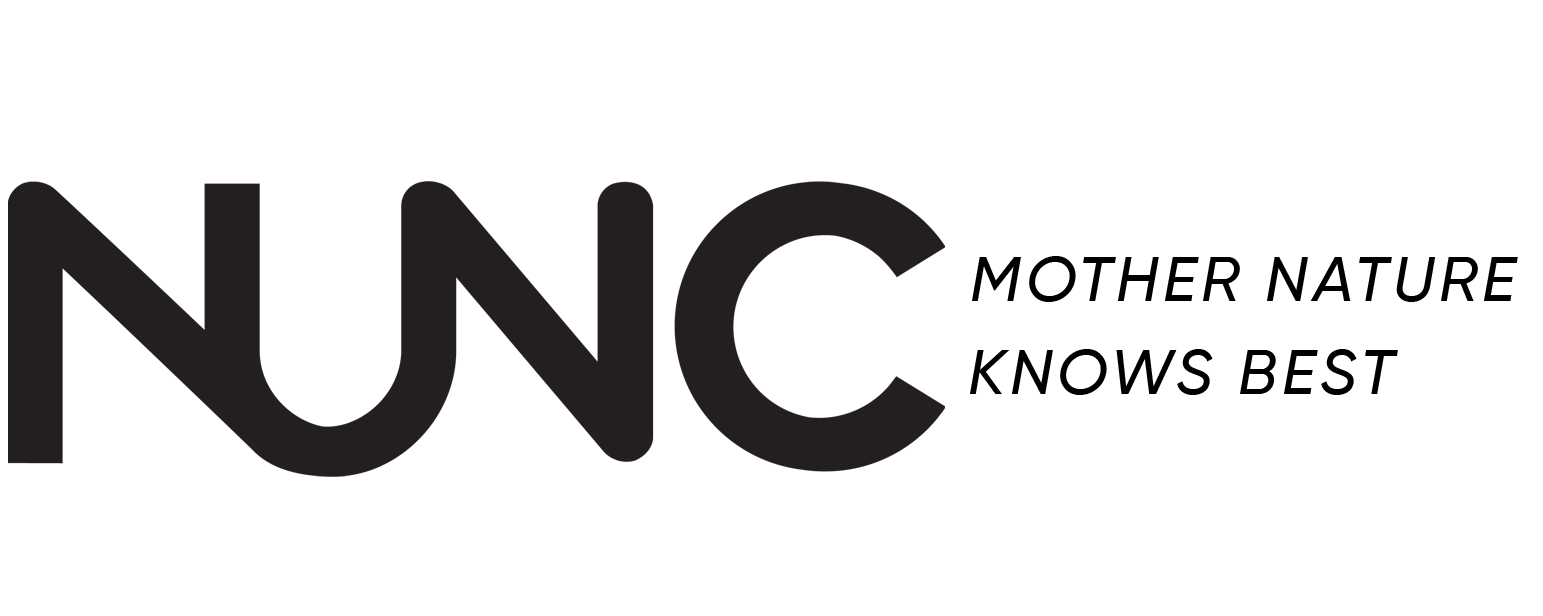
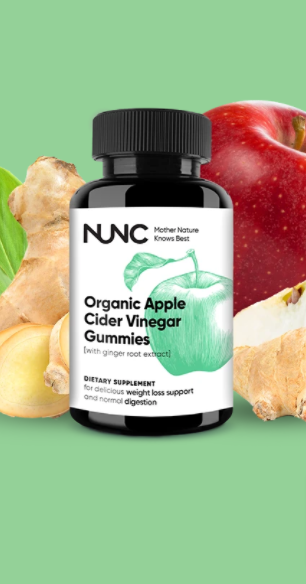



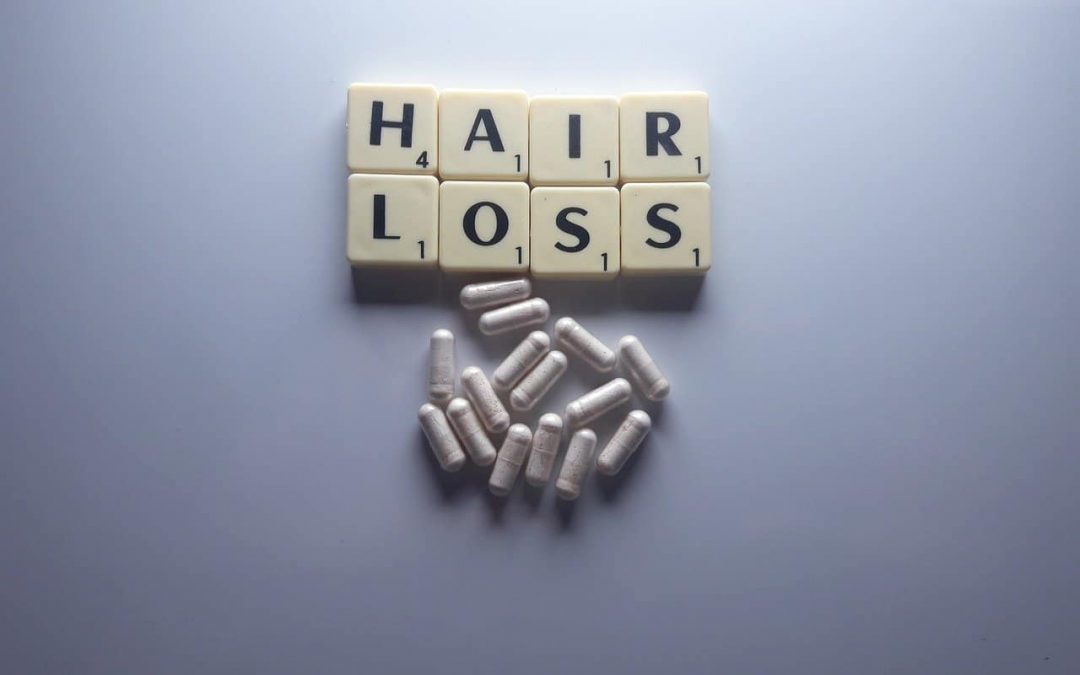
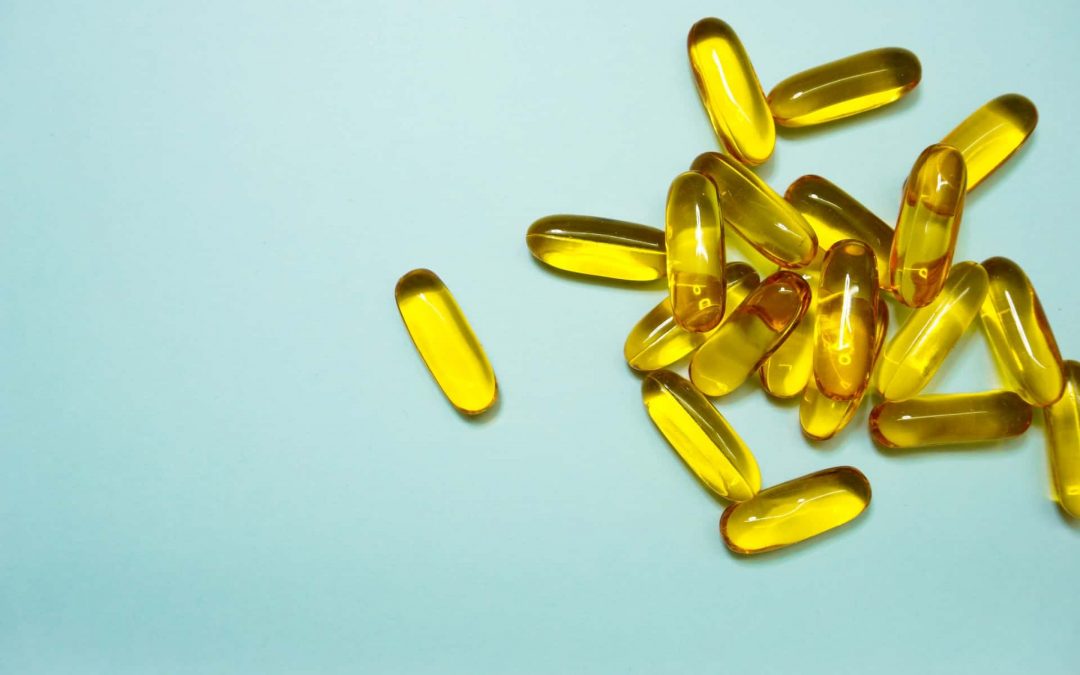
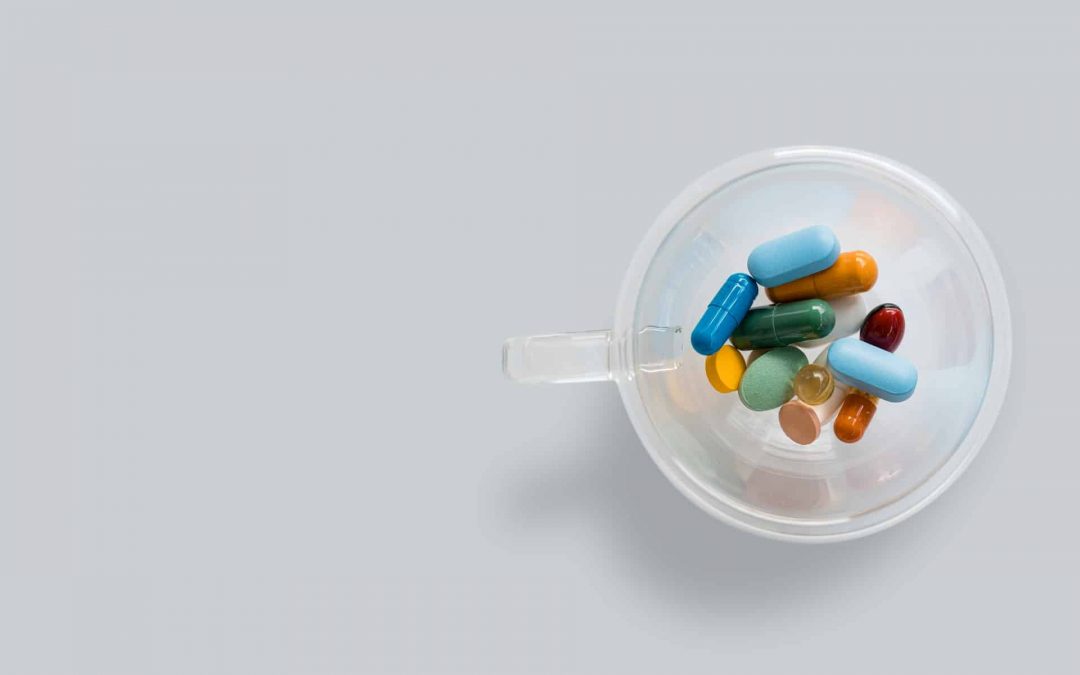

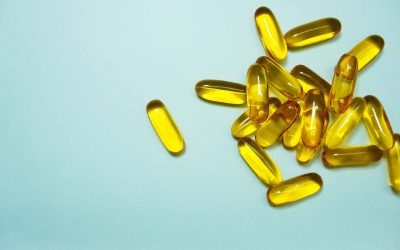
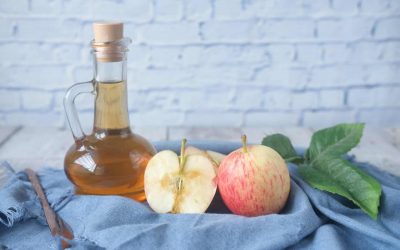
0 Comments